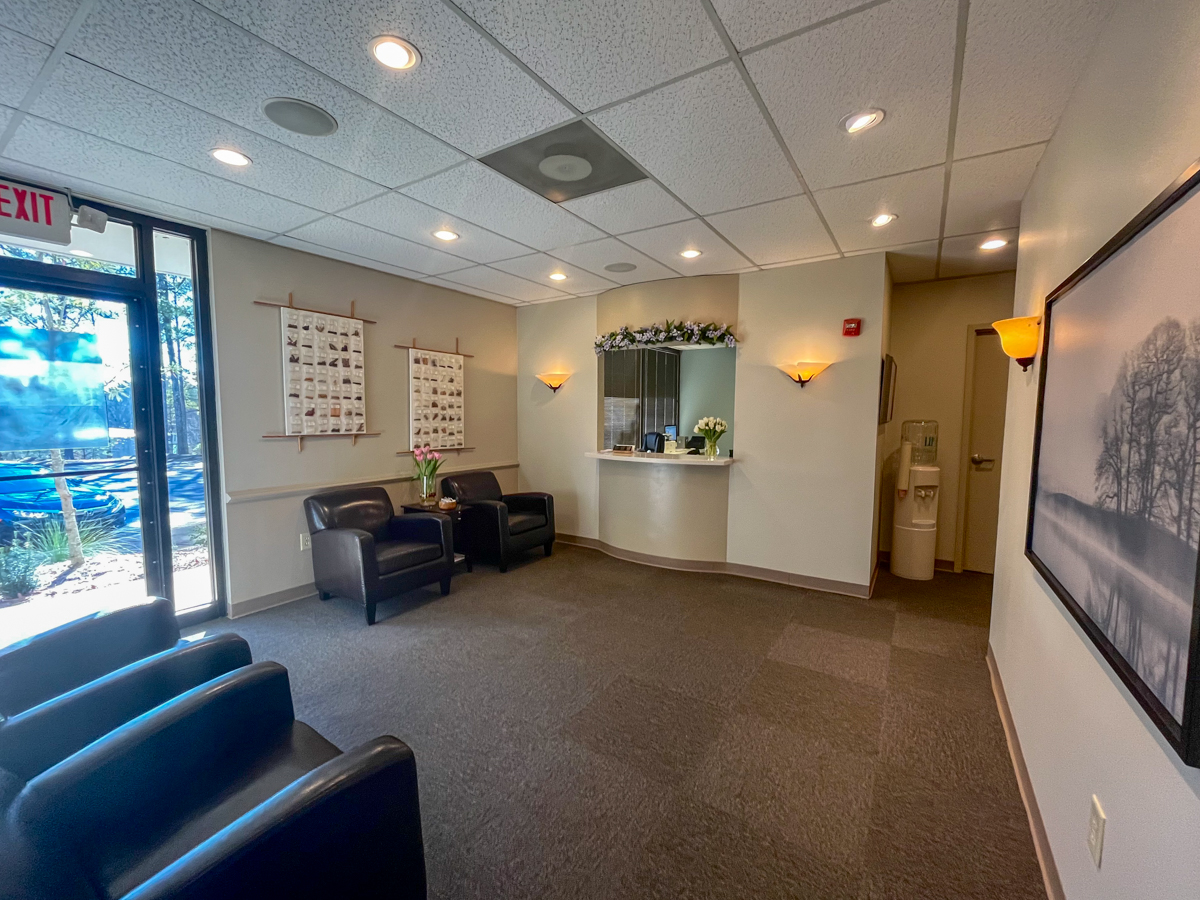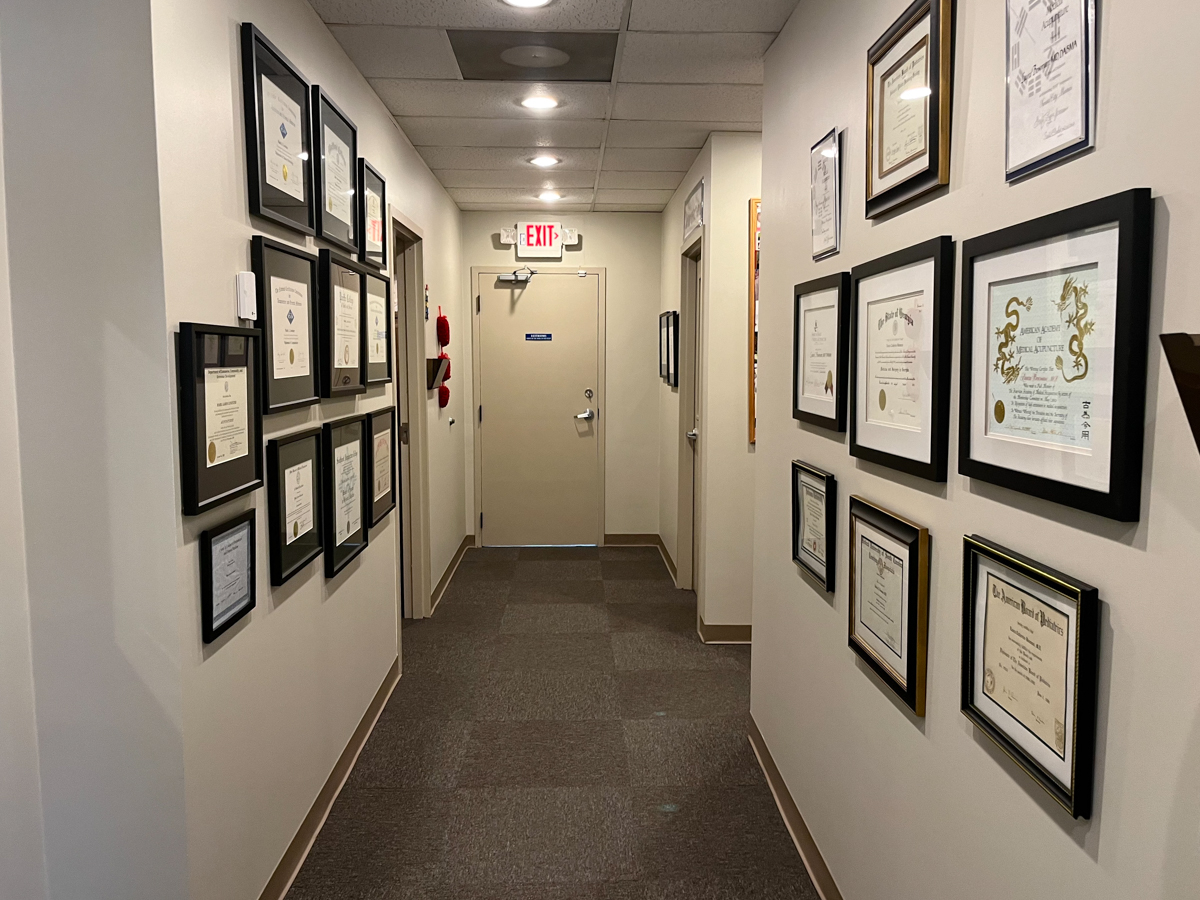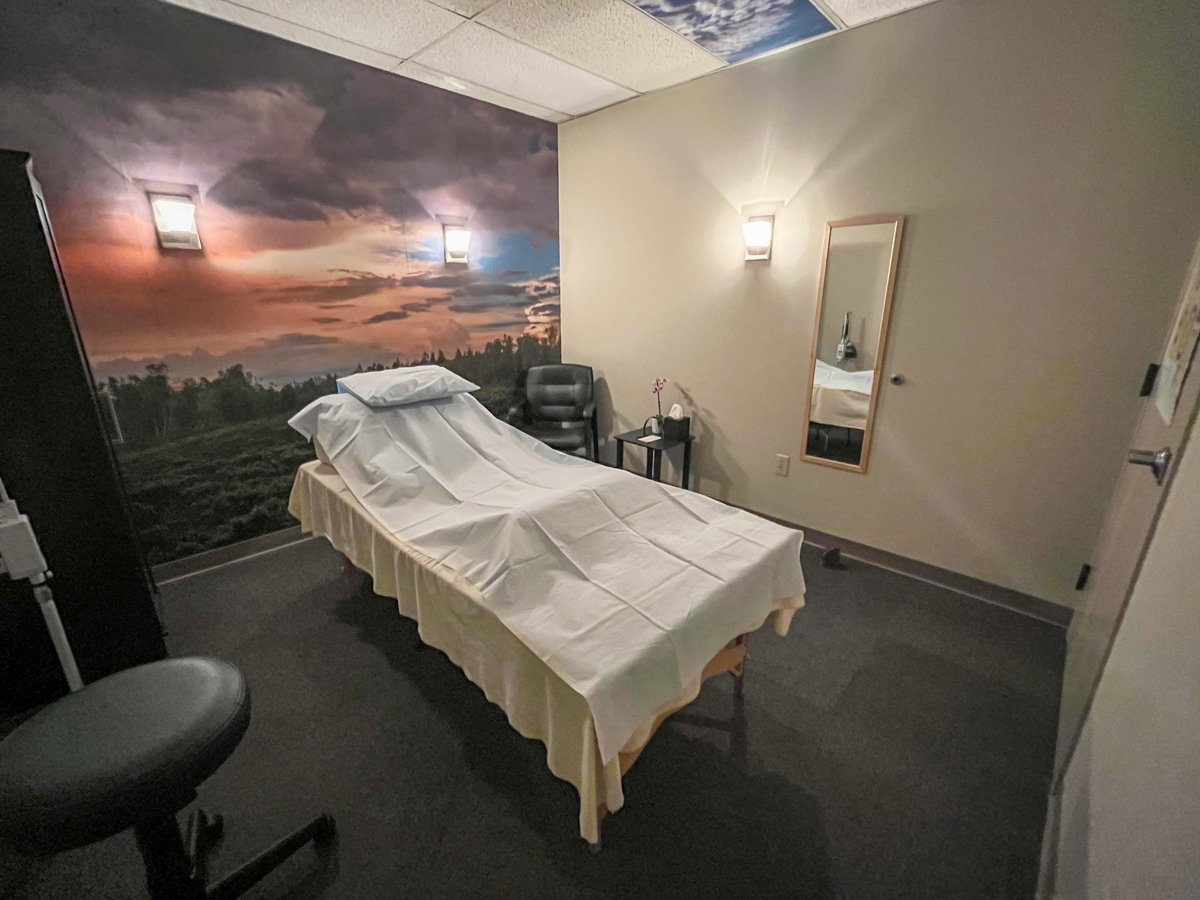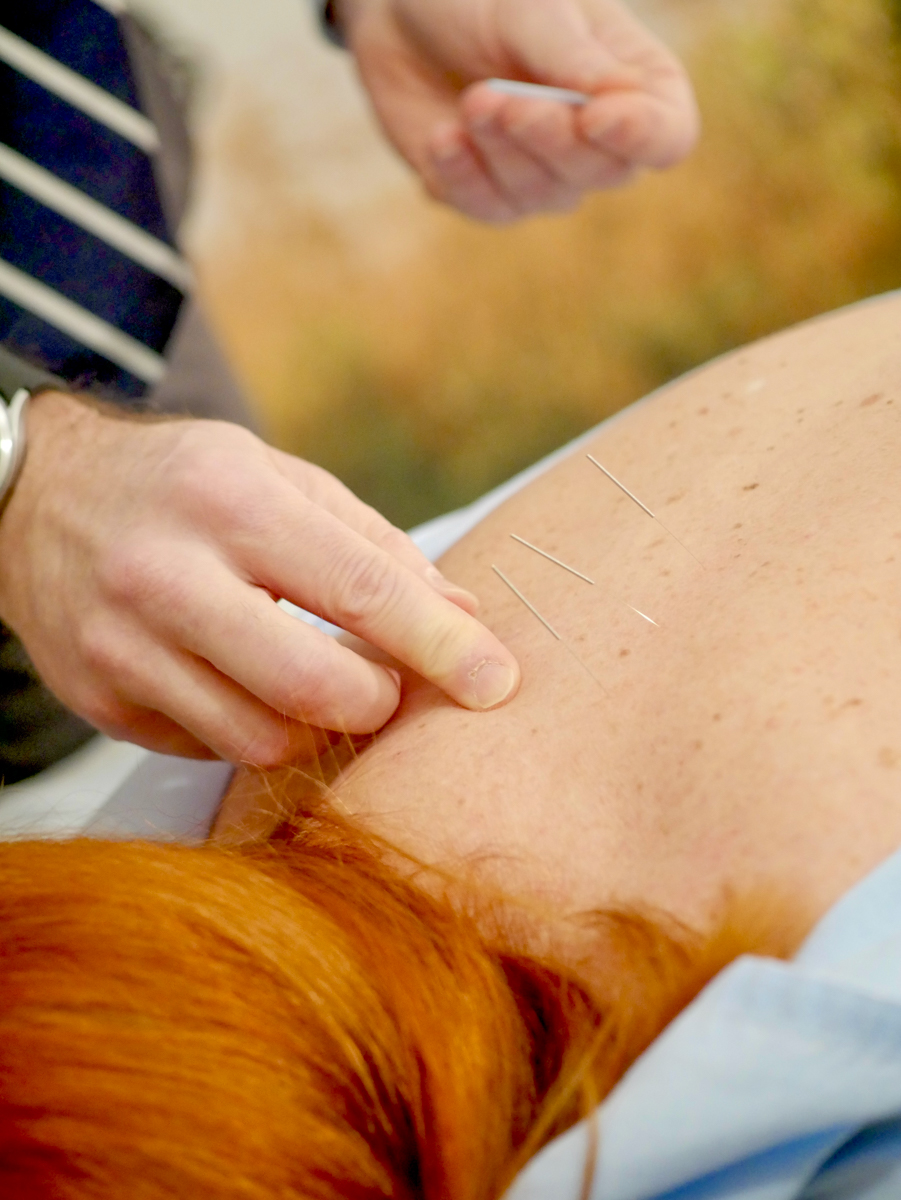Acupuncture for Headaches and Migraines
Headaches and migraines are not just painful; they can profoundly impact your life. At Metro Acupuncture, we offer personalized treatments to help you manage and alleviate these debilitating conditions. Whether triggered by health issues, medication, or seemingly without cause, our acupuncture treatments can provide the relief you’ve been seeking.
Our Approach to Treatment
Our acupuncture treatments focus on:
- Reducing Dependency on Medication: We aim to lessen your reliance on pain medications, offering a natural path to pain relief.
- Decreasing Frequency and Intensity: Acupuncture can reduce the occurrence and severity of your headaches.
- Enhancing Overall Well-being: Our approach is based on traditional East Asian medicine and current studies to improve not just your symptoms, but your overall quality of life.
If you’re in the Georgia area and are struggling with chronic headaches or migraines, don’t let these conditions take over your life. Acupuncture can help.
Effectiveness of Acupuncture
A 2009 Cochrane review highlighted that acupuncture is as effective as, or potentially more so than, prophylactic drug treatments for migraines, with fewer adverse effects. It is a viable treatment option for those open to alternative therapies.
How Acupuncture Provides Relief
Acupuncture alleviates headaches by:
- Stimulating Endorphin Release: These natural painkillers provide significant relief.
- Promoting Circulation: Enhanced blood flow helps reduce inflammation and muscle tension, common contributors to headaches.
- Regulating the Nervous System: This helps diminish stress and anxiety levels, often linked to headache disorders.
Understanding Migraines
Migraines are complex and multifaceted, affecting millions worldwide. According to the National Institute of Neurological Disorders and Stroke, both genetic and environmental factors play a role:
- Hormonal Changes: Fluctuations during menstrual cycles, pregnancy, menopause, or with contraceptive use can trigger migraines.
- Environmental Triggers: Bright lights, loud noises, strong odors, and weather changes are just a few environmental triggers.
- Emotional Factors: Stress and other emotional upheavals can precipitate migraines.
- Dietary Triggers: Certain foods and beverages, like alcohol, aged cheeses, and processed meats, might trigger migraines.
- Genetic Disposition: Family history plays a critical role, with several identified genes linked to migraine development.
Acupuncture for Headaches: Outcomes and Expectations
While some patients may achieve complete symptom resolution, others notice a significant reduction in the frequency, severity, and duration of their headaches, allowing them to enjoy life more fully without constant disruption from pain.
Choosing Acupuncture
Many patients appreciate acupuncture as an alternative to medication, which can be effective but often comes with unwanted side effects. At Metro Acupuncture, we take a holistic view of treating headaches and migraines, inquiring about many aspects of your health, not just your head pain. Over time, patients typically see a gradual improvement not just in their headaches and migraines but also in sleeping better, improved mood, less pain in other parts of the body, and better digestion. Benefiting from a non-pharmaceutical approach to headache and migraine management at Metro Acupuncture is a joy for us because treatments here often include more than just a reduction in head pain.
Visit Our Acupuncture Clinic
Metro Acupuncture is conveniently located near Northside Hospital, Emory Saint Joseph’s Hospital, and several neurology offices. Rather than simply searching for “acupuncture near me,” choose a trusted provider. Since 1998, we have been successfully treating numerous patients for headaches and migraines. We are conveniently accessible via GA State Route 400 and Interstate 285. You can schedule an appointment with our acupuncturists today online. Book your initial treatment and begin your journey toward living a life with fewer headaches, migraines, and less pain.
FAQs
How does acupuncture help reduce headaches and migraines? Acupuncture modulates pain pathways, releases endorphins, and regulates neurochemicals. Scientifically, it enhances blood flow, mitigates inflammation, and influences neural signaling, offering relief for headaches and migraines.
Will acupuncture help with my headaches and migraines? At Metro Acupuncture, we understand the debilitating effects of migraines and headaches. Our acupuncture treatments are designed to reduce the frequency, duration, and intensity of various types of headaches, including tension, sinus, cluster, hypnic, and primary headaches. Most patients experience significant improvement in their condition within four to six treatments.
How to become a Metro Acupuncture patient today.
We’re here to help you feel better.





